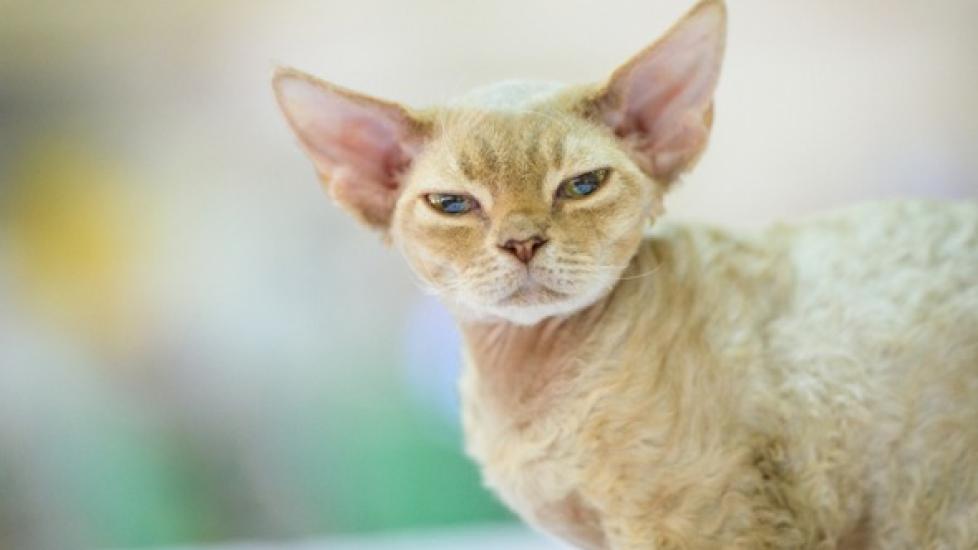 Introduction:
Introduction:
Before you decide to add a furry friend to your family, it is crucial to do thorough research and understand the unique needs of various cat breeds. The Rex cat, with its curly coat and charming personality, may be an attractive choice for many pet enthusiasts. However, potential owners should consider several factors before committing to this delightful feline companion. This article aims to provide insights into what prospective Rex cat parents need to know to ensure they are well-prepared for their new addition.
-
Understanding the Curly Coat:
The hallmark feature of the Rex cat is its tightly curled fur, which sets them apart from other breeds. It’s essential to understand that maintaining this coat requires extra care and attention. Regular grooming sessions will help prevent matting and tangles, especially in areas where the hair tends to grow longer, such as around the neck and belly. Special shampoos and conditioners designed for curly coats can also contribute to keeping the fur healthy and manageable. -
Temperature Tolerance:
Rex cats have been known to be sensitive to extreme temperatures due to their lack of guard hairs. They prefer warmer environments and may seek out cozy spots like sunny windowsills or heat sources. Owners must take precautions to keep their homes at comfortable temperatures, especially during colder months when the cat might require additional warmth. -
Socialization Needs:
While all cats are inherently independent creatures, Rexes tend to form strong bonds with their human families. They enjoy interactive playtime and often demand affectionate cuddling sessions. Early socialization is key to ensuring a friendly disposition towards both people and other pets in the household. Regular interaction helps maintain a calm demeanor and prevents behavioral issues. -
Dietary Considerations:
Just like any cat, a Rex has specific dietary requirements. High-quality protein is vital for maintaining good health and promoting a shiny coat. Because of their genetic predisposition to being active, Rex cats typically have higher energy levels than some other breeds, so their diet should reflect these needs by providing adequate calories without excessive fat content. Consulting with a veterinarian or a feline nutrition specialist can help determine the best food options for your particular Rex. -
Health Concerns:
As with most purebred animals, certain health conditions are more common among Rex cats. Some reported concerns include dental problems (especially periodontal disease), skin allergies related to their curly coats, and joint issues. Regular check-ups with the vet, including routine teeth cleanings, can help catch early signs of these issues and implement appropriate treatment plans.
Conclusion:
Adopting a Rex cat comes with joys and responsibilities that every owner should be aware of. By considering these points beforehand, you can create a loving environment that meets the physical and emotional needs of your curly companion. Remember that each individual cat within the breed may have different preferences and quirks, so patience and observation are valuable tools in building a harmonious relationship with your Rex. With proper care and understanding, these special cats can bring years of joy and companionship to their loving households.
